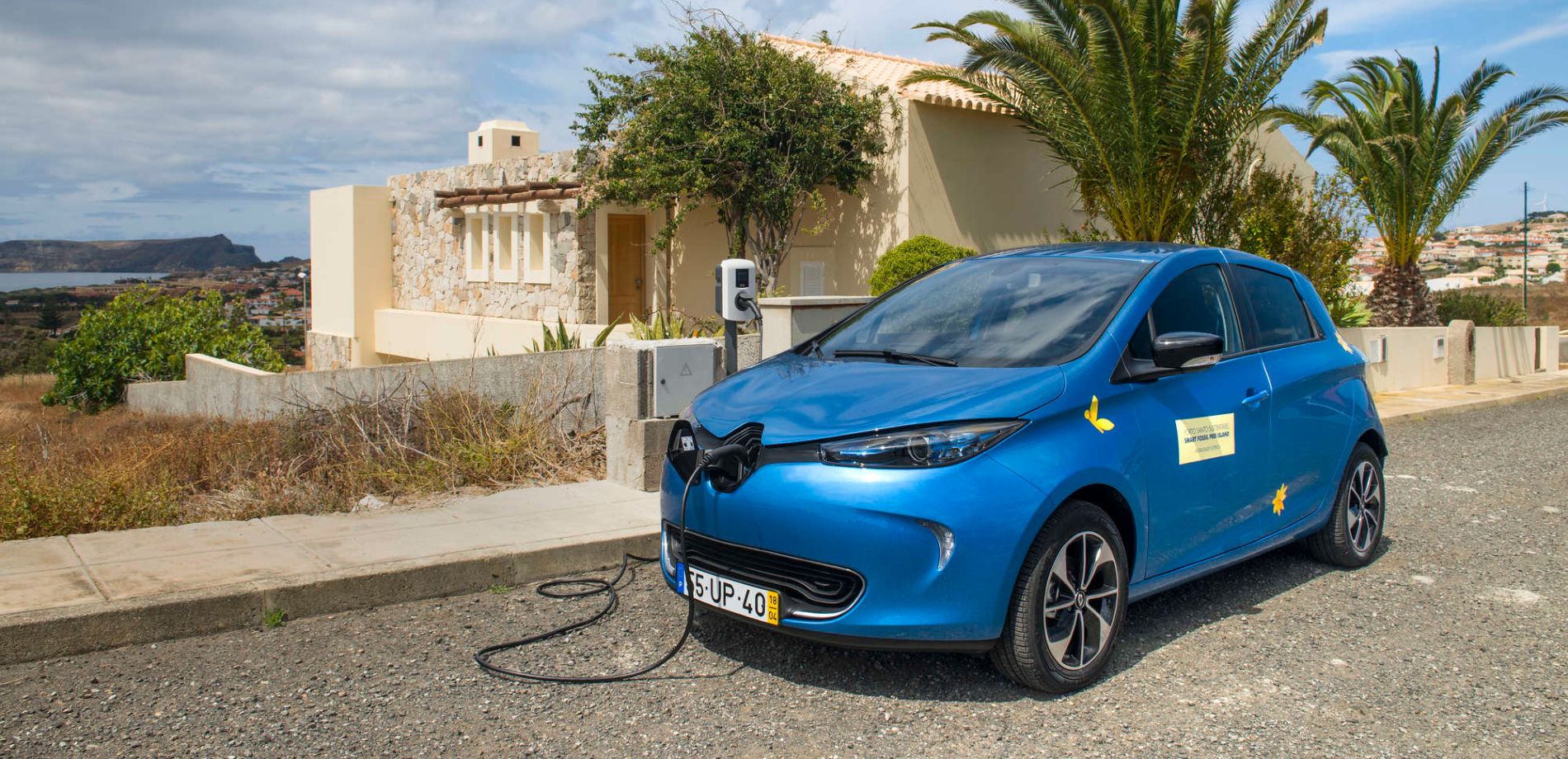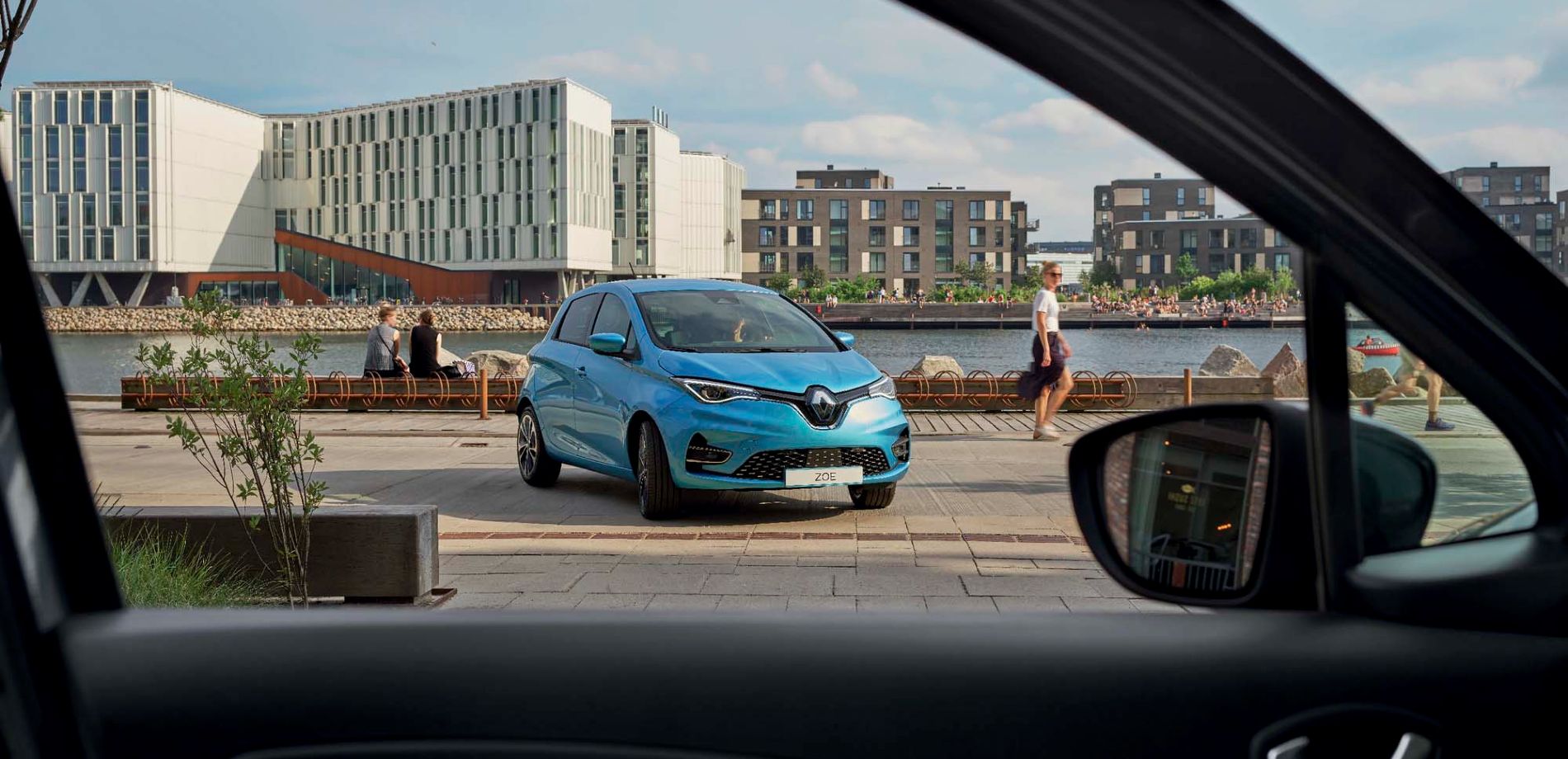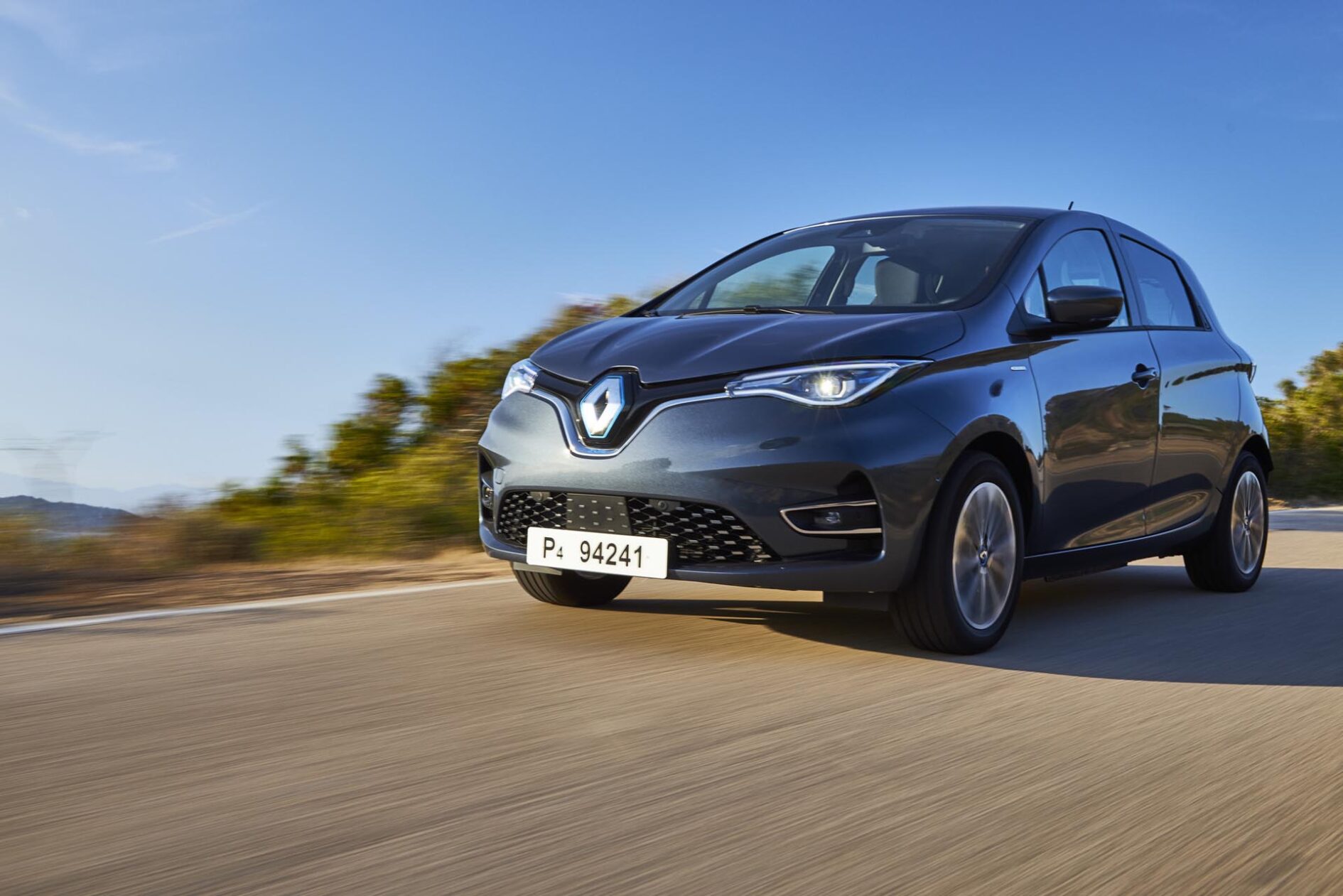

What could be better than a nighttime recharge at home, obtained at a low cost, to make sure you start the new day with maximum range? This line of thinking leads most electric car owners to install a charging point at home. After having selected the connector best adapted to your electric car, the financial investment necessary still remains to be known.
Fortunately, drivers across Europe benefit from fiscal incentive policies that offset a significant share of the electric car charging point cost.
Drivers across Europe benefit from fiscal incentive policies that offset a significant share of the electric car charging point cost.
Purchase and installation of a charging point: the costs
Let us begin with the expenses, the foremost of which is the purchase of a charging point, with prices liable to vary depending on the manufacturer. This usually depends on the power delivered by the charging point as well as any potential connected capabilities. A wallbox that delivers 7.4 kW and has a « type 2 » connector (recommended for a car like the Renault ZOE) comes with a price tag that generally falls between 500 and 1,500 euros.
Next are the installation fees. To get a charging point up and running, it is advisable to call on the services of a certified professional who can connect a dedicated line from the electricity meter to the chosen parking location.
The exact cost of this service will depend on the nature of the work needed. Equipping a garage adjoining a recently-built detached house leads to a bill of a few hundred euros. The cost increases if the cable must be drawn across a larger distance, or if other specific constraints need consideration, especially in the case of a car park in a block of flats whose infrastructure does not have the necessary pre-wiring installed.
The grand total? The electric car charging point cost ranges from a few hundred to a few thousand euros, depending on the model of wallbox chosen and the conditions that affect its installation. But that does not mean the driver will have to pick up the entire tab!
Aid and subsidies that lower the bill
Running alongside investments aimed at expanding the supply of charging points, public authorities and the private sector are increasing the range of financial supports that encourage individuals to go electric. The most common methods of doing so are a purchase rebate in the form of an environmental bonus, a partial or total exemption from registration fees or an exemption from vehicle circulation taxes. At the same time, several countries are offering subsidies specifically for the installation of a domestic charging point. The goal? To help individuals get kitted out in order to complement the availability of public charging points.
England, for example, subsidises up to 75% of the cost of installing a charging point, up to 500 pounds sterling. In France, this service is eligible for an « energy transition tax credit »: an individual can deduct from their taxes up to 30% of the cost incurred by having a certified professional install a charging point in their primary residence built more than two years prior. The amount spent on installation costs eligible for the tax credit is capped at 8,000 euros for an individual and 16,000 for a jointly taxed couple. Still in France, the Advenir program offers individuals living in collective housing a subsidy of up to 600 euros for a basic charging point and 960 euros if it has a smart charging system.
Sometimes cities take the reins. In the Netherlands, for example, Rotterdam offers up to 1,450 euros in subsidies to individuals who equip themselves with a domestic charging point. The only constraint is that is must be supplied at least partially by a renewable energy source. It’s a good reminder of the importance of electric mobility when it comes to the issues of sustainable development!
Copyrights: Paulo CALISTO, Renault Portugal, Jean-Brice LEMAL, Publicis Events France, iStock




